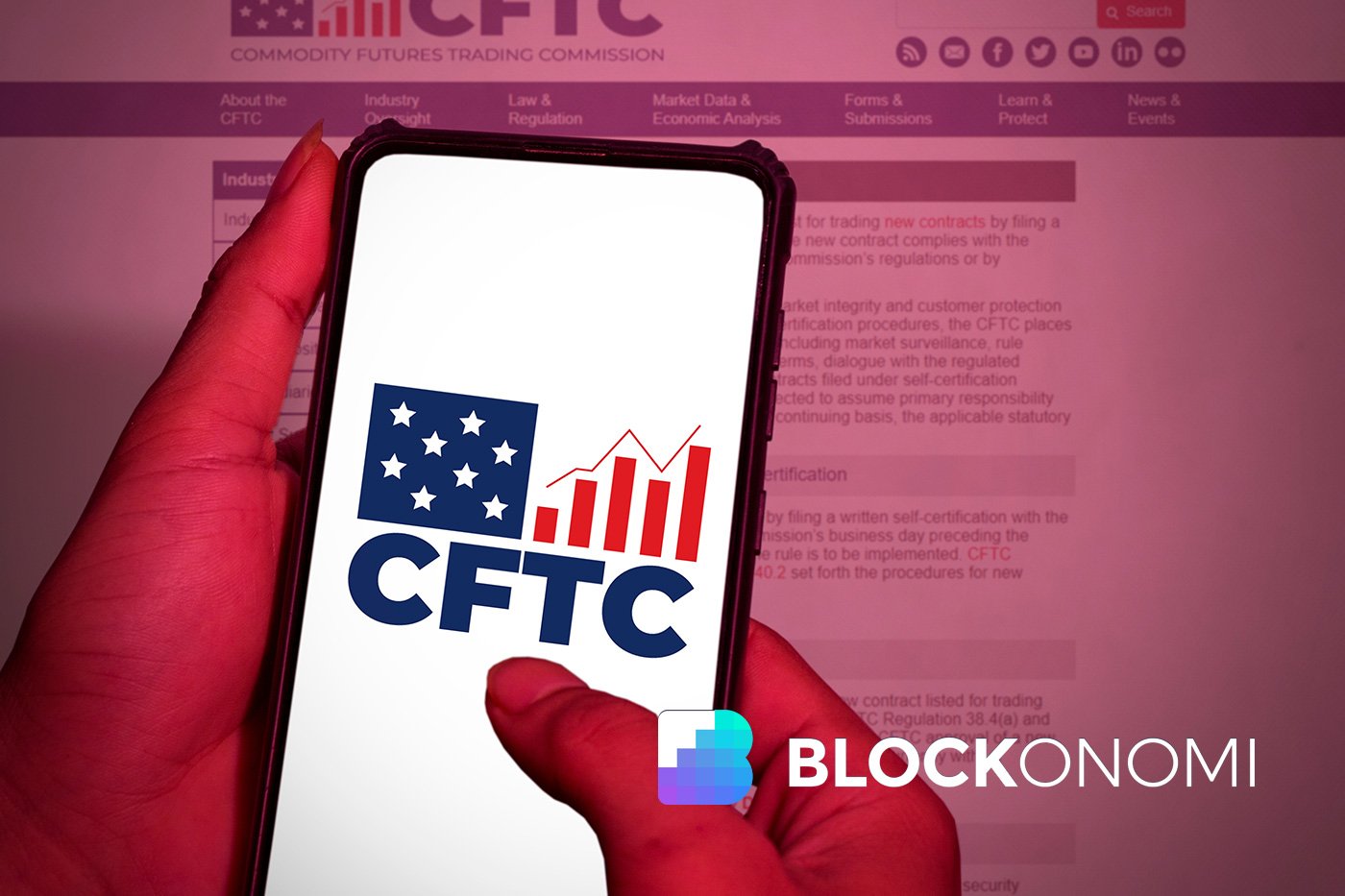
Understanding Cross-Border Crypto Regulations
The U.S. Commodity Futures Trading Commission (CFTC) may soon adapt its approach to foreign crypto exchanges, signaling a potential evolution in cross-border trading access. With the rise of international frameworks, such as the European Union’s MiCA (Markets in Crypto-Assets), American crypto traders and platforms could see changes in how they operate globally.
MiCA: A New Standard for Regulation
The European Union’s MiCA framework has been hailed as one of the most comprehensive crypto-focused regulatory systems globally. This framework outlines strict requirements for market participants, enhancing transparency and fostering trust in the crypto markets. Acting CFTC Chair Caroline Pham recently highlighted the EU’s MiCA as a potential standard U.S. regulators may recognize, enabling non-U.S. platforms that comply with MiCA to provide services in the American market more seamlessly.
FBOT Registration: A Pathway for U.S. Market Access
Under the current regulations, foreign exchanges looking to operate in the U.S. can register as Foreign Boards of Trade (FBOTs). This strategy reduces barriers for offshore platforms by bypassing the need for full designated contract market approvals. However, compliance with both U.S. and foreign rules is mandatory, ensuring market stability and investor protection.
What This Means for Crypto Traders
If the CFTC includes frameworks like MiCA under its cross-border regulations, it could significantly lower uncertainties for overseas exchanges entering the U.S. market. For U.S. traders, this could mean access to a broader range of platforms, offering enhanced liquidity, advanced tools, and competitive pricing.
Featured Recommendation: Ledger Nano X
For traders navigating the evolving crypto landscape, secure your digital assets with Ledger Nano X, a trusted hardware wallet providing top-tier security for your cryptocurrencies. With improved Bluetooth functionality and multi-asset support, it’s a go-to solution for crypto investors worldwide.
The Future of Cross-Border Crypto Oversight
This development reaffirms the importance of global regulatory harmony in crypto markets. By adopting a more flexible yet monitored approach, the CFTC continues to protect U.S. investors while promoting innovation in the crypto sector. As the regulatory landscape evolves, both individual and institutional players should closely monitor these shifts for their implications on access and market trends.





